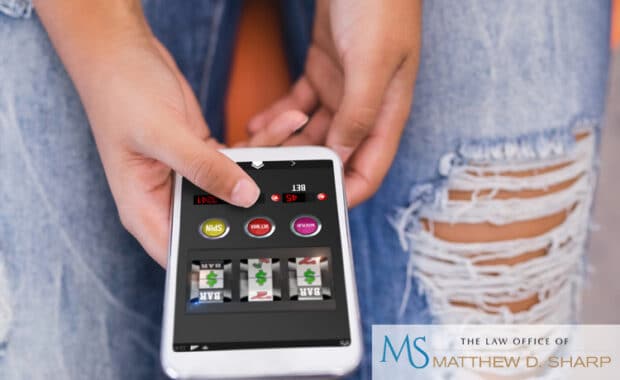Living with a criminal record is something that millions of Americans have to face. Everybody makes mistakes, but some are more serious than others and have greater consequences throughout life. Getting caught with even a small amount of marijuana can result in jail time and a criminal record that will need to be reported on applications for jobs, school loans, and even housing. It can also affect personal relationships with friends and family who might view someone differently after a conviction, especially one that results in time spent in jail or prison.
A Challenge for Employers and Job Seekers
There is no way around it: the job market is very competitive, and it doesn’t take much to get an application sent to the bottom of the pile. Even with superior experience and training, an applicant with a marijuana conviction can sometimes have trouble getting hired. That is why it is really important that on a job application, those with a marijuana conviction should follow this advice:
- Be open about the conviction, and if possible, explain it on the application.
- Show how they have reformed, and highlight achievements post-conviction.
- Stay away from drugs and alcohol, especially during the hiring process.
- Look for work with family or friends.
- Apply for jobs where a prior conviction is less likely to be a disadvantage.
Because it is a drug conviction, having plead guilty or been found guilty of a crime involving marijuana can automatically exclude someone from certain industries. However, a crime involving marijuana should never stop someone from looking for work. Finding and keeping a job is one of the best ways to show total rehabilitation to family and friends.
Eligibility for School Loans
Another barrier for those with marijuana convictions for possession or sale involves access to student loans and grants. The federal government limits access to these funds, completely excluding some applicants from receiving any grants and loans. For example, federal or state prison inmates are ineligible for Pell Grants or federal student loans. If in a county or city jail, students may not receive federal student loans, but they can receive Pell Grants. Access to other types of aid may be limited too.
In the time after a drug conviction, access to federal aid is also limited. It takes one year for students to become eligible for loans and grants again, though this barrier can be removed through the following:
- Successful participation in an approved rehab program, or
- Passing two surprise drug tests giving by an approved testing agency.
Basically, a drug conviction for possession or sale makes a student ineligible to receive aid for an entire year, and two convictions would make a student ineligible for two full years. In many cases, it will be necessary to look for alternative forms of student aid like private loans or personal loans from friends or family.
Finding Housing
Even a basic need like housing can be affected by a drug conviction. While in many cases there is not a legal basis for denying someone housing based upon a record for possession or sale of marijuana, a standard background check is going to show the conviction. This may cause a landlord to choose not to rent an apartment or house to someone with a conviction.
It is a good idea for some with a conviction to pull a copy of their own background history, and be up front with a landlord about what will be found in the background check. Just like when applying for a job, being honest and open about a conviction is much better than having to explain it later or never even hearing back about the application.
Relationships with Family and Friends
It is true that there is a big social negative to having a marijuana conviction. Some family and friends may no longer trust someone who has served time for a drug related crime, and it can take years to regain this trust, if ever. It also affects the social groups that a person can be around, because it may be necessary to stop being around very close friends who continue to use or sell weed.
The best way to keep from facing all of these consequences is to avoid the conviction in the first place, but that’s not always possible. If not, finding and keeping a job, furthering an education and focusing on really important friends and family members will help to show complete reform. Life with a marijuana conviction has a different set of challenges, but it certainly does not mean someone can’t continue to have a great life.
If you’ve been accused of a marijuana-related crime, it’s important to act fast. Contact The Law Office of Matthew D. Sharp today. We will fight for your rights!




